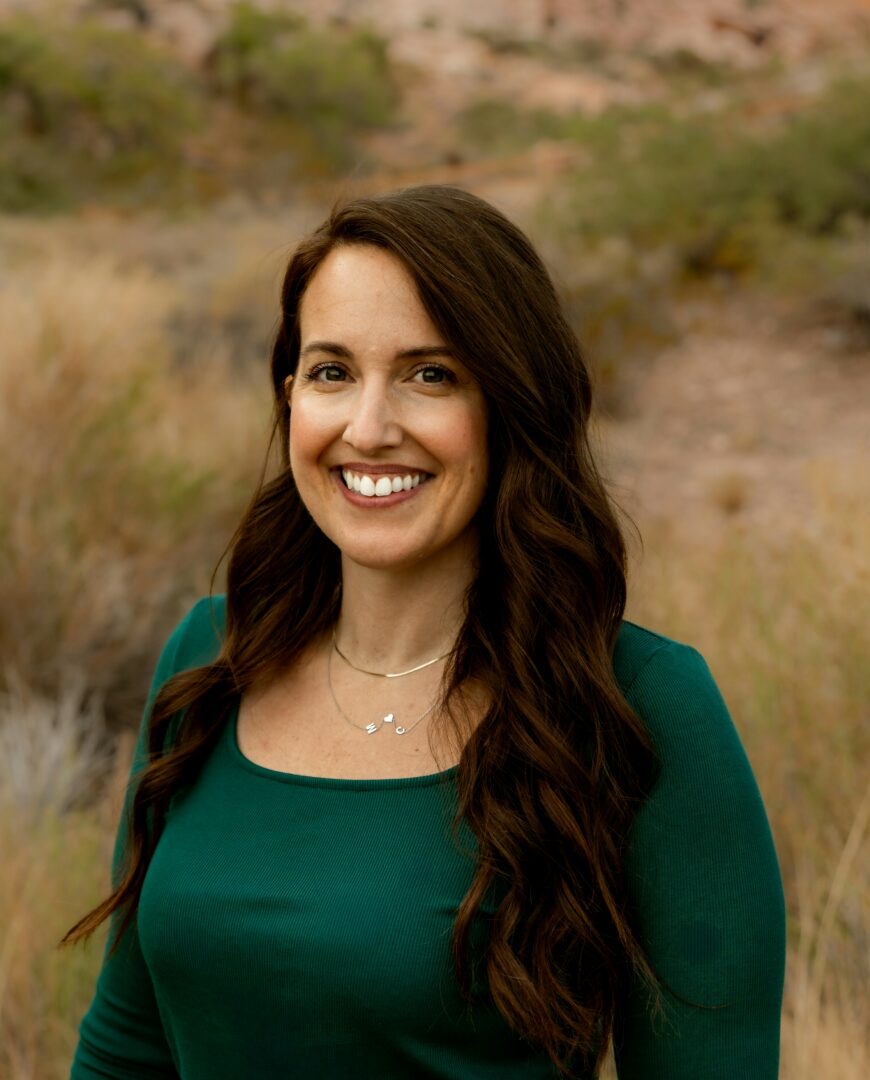We were lucky to catch up with Christina Parise recently and have shared our conversation below.
Christina, so good to have you with us today. We’ve always been impressed with folks who have a very clear sense of purpose and so maybe we can jump right in and talk about how you found your purpose?
Growing up, I never quite fit into the neat boxes that seemed to define middle and high school life. I was quirky but tried hard to blend in. I played sports, not because I loved them, but because my family really valued what they represented. To them, sports were healthy, built character, and taught teamwork and discipline, all things they wanted for me. And they weren’t wrong; I did learn a lot from it. The confusing part was that I was good at sports, but I didn’t enjoy them. The noise, the pressure, the constant stimulation; it all felt overwhelming. I knew it made sense to everyone else, but it never quite clicked for me internally.
That same disconnect carried into the classroom. I wasn’t a bad student, but I wasn’t particularly engaged either. Sitting still under fluorescent lights, expected to focus in environments that felt physically and emotionally uncomfortable, drained me. I wasn’t lazy or unmotivated, I just processed the world differently. For years, I moved through life feeling like I was performing a version of myself that fit everyone else’s expectations but didn’t feel quite like me. It wasn’t until college that I started to understand that difference wasn’t failure, it was information. And that realization changed everything.
I began at a community college close to home, and for the first time, I had the freedom to be curious. I learned that I was actually smart, I just needed to approach learning differently. I could dive into things that fascinated me, abandon what didn’t, and explore without judgment. That freedom allowed me to reconnect with myself in a way I hadn’t been able to before.
During those years, I thought a lot about something a high school counselor once told me: “You dislike teachers so much but watch, you’ll end up as one.” It wasn’t that I disliked teachers. I disliked not being understood by them. But in college, I found educators who saw me for who I was. They gave me space to be curious, messy, and human. That feeling, of being understood, was something I knew I wanted to give back.
I earned my bachelor’s degree in psychology and began working with children with behavioral concerns. It was in that work that my purpose started to take shape. I realized how powerful it is for a child or teen to feel truly heard. To feel that someone “gets it.” Watching those kids gain confidence, find their voice, and start to believe in themselves sparked something in me that I couldn’t ignore.
That passion led me to pursue my master’s in social work and eventually become a Licensed Clinical Social Worker. Today, I’m a therapist for teens and adults and that sense of purpose has only grown deeper. Every day, I aim to create the same kind of space I once needed: one where people feel seen, valued, and understood.
And in doing that, I’ve learned something beautiful: helping others feel seen helped me see myself, too.
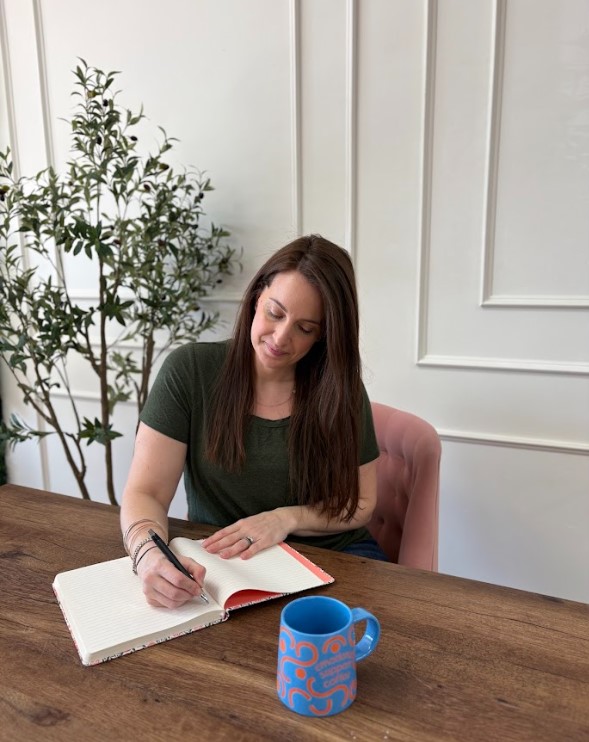
Thanks for sharing that. So, before we get any further into our conversation, can you tell our readers a bit about yourself and what you’re working on?
I’m a therapist and the founder of Clear Mind Counseling, a practice I built to be the kind of space where people feel genuinely seen, heard, and understood. I do therapy a little differently: I meet clients exactly where they are, bring my full self into the room, and invite them to do the same. When both of us show up authentically, that’s where the real connection, and the real healing, happens. As a clinician and a leader, my passion is to create an environment that feels human and healing, for clients and for my team. At Clear Mind Counseling, our therapists show up with compassion, humor, and authenticity, helping people reconnect with their light and learn to live life on their own terms.
We know there’s still a lot of stigma around certain parts of life, like exploring ADHD as an adult, managing chronic pain, or seeking help before weight loss surgery. That’s why we’ve expanded our work to include Adult ADHD and presurgical evaluations. These services bridge the gap between where people are and where they want to be, creating space for understanding instead of judgment and empowering people to take charge of their health and wellbeing with confidence and support.
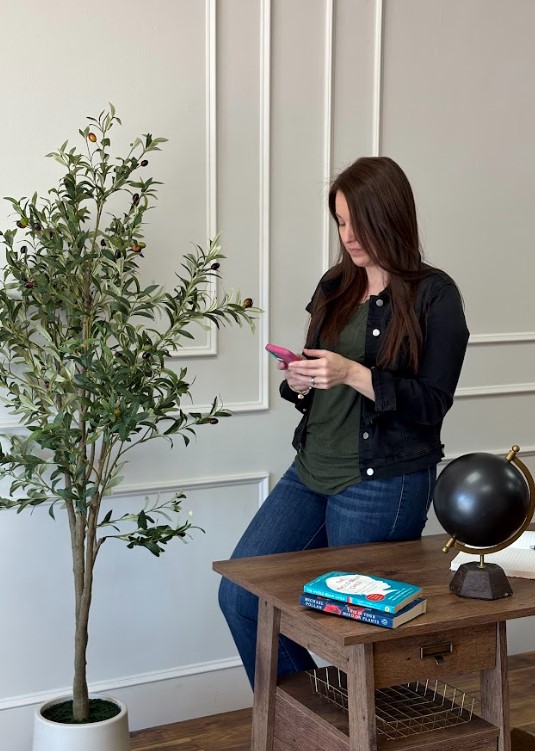
Looking back, what do you think were the three qualities, skills, or areas of knowledge that were most impactful in your journey? What advice do you have for folks who are early in their journey in terms of how they can best develop or improve on these?
Looking back, the three qualities that have shaped my journey most are resilience, instinct, and authenticity.
Resilience has carried me through every season of growth because even when you’re doing what you love, there will still be hard days. The things that are most worth it often come with the biggest learning curves. My advice: don’t mistake struggle for failure. Growth is messy, but it’s also where confidence is built.
Instinct has been my compass. In jobs, collaborations, and new opportunities, I’ve learned that if something doesn’t feel right, it probably isn’t. Trusting your gut isn’t impulsive, it’s wise. The more you tune into what feels aligned, the more you’ll find yourself surrounded by the right people and opportunities.
And finally, authenticity; bringing your full self into the work, the relationships, and the risks. The times I’ve grown the most were the moments I stopped trying to be what I thought people wanted and just showed up as me. For anyone early in their journey: lead with who you are, not who you think you should be. The right doors will open because of it, not in spite of it.

Looking back over the past 12 months or so, what do you think has been your biggest area of improvement or growth?
Over the past year, my biggest area of growth has been learning to say no without overexplaining why. For most of my career, I’ve been driven by passion and purpose. I love what I do, and I genuinely want everyone around me, my clients, my team, my colleagues, to feel supported and cared for. But that same drive can easily slip into overextension.
This year, I started putting real limits on when and how much I work. I’ve learned that boundaries aren’t barriers but they’re how I sustain the work I love. That means turning down speaking engagements that don’t align, setting firm times for when I take calls or answer emails, and learning to delegate rather than do it all myself.
It hasn’t been easy, especially when you care deeply about people but it’s been necessary. By saying no more often, I’ve created space for deeper, more intentional yeses. I’m showing up more fully for my clients, my team, and my own life and that’s the kind of balance I want to model for the people I serve.
Contact Info:
- Website: https://www.clearmindcounselingnv.com/
- Instagram: https://www.instagram.com/clearmind_christina?igsh=bzE4OGN1cmNrdnow
- Linkedin: https://www.linkedin.com/in/christina-parise-4a7a2892
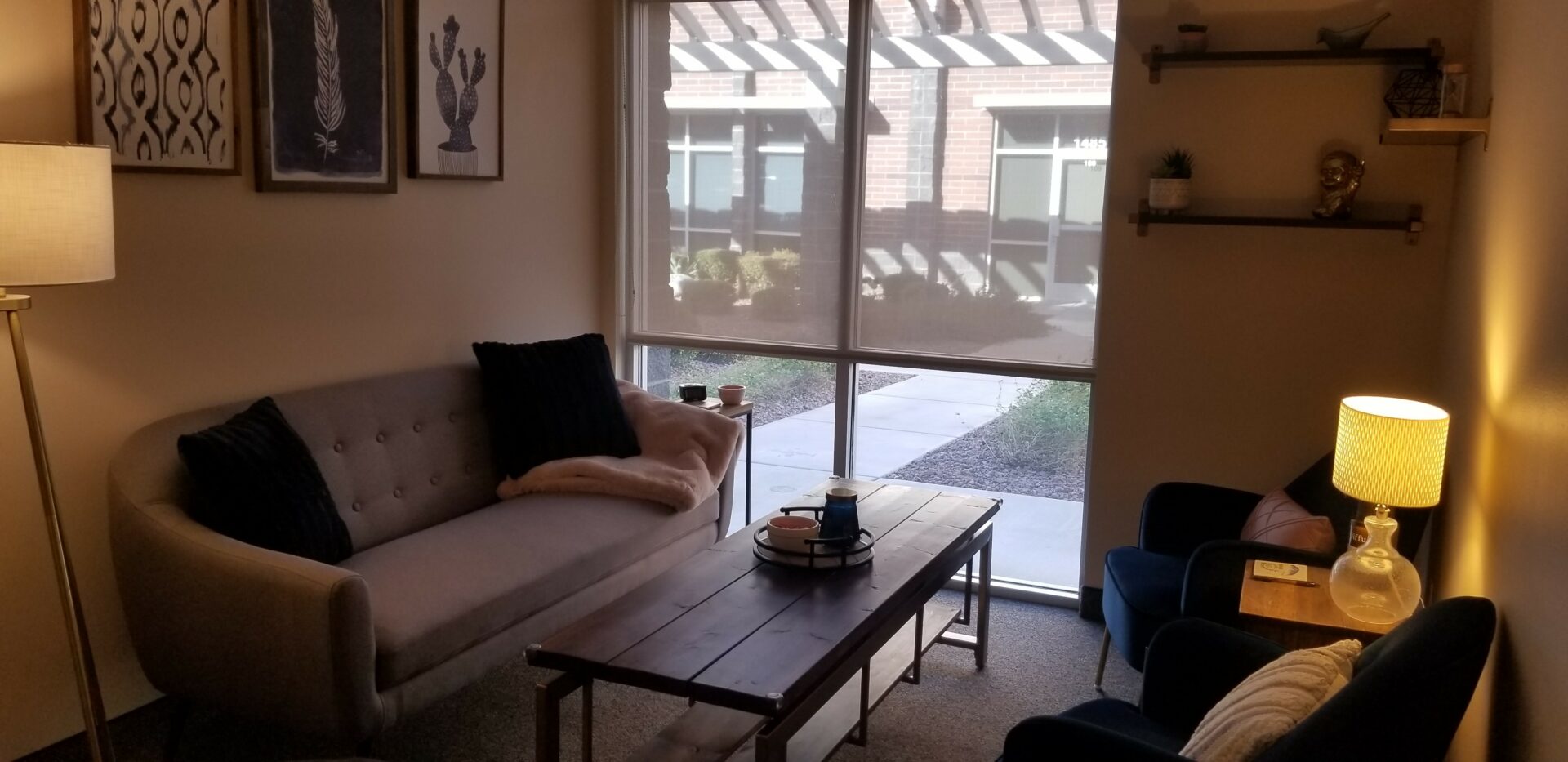
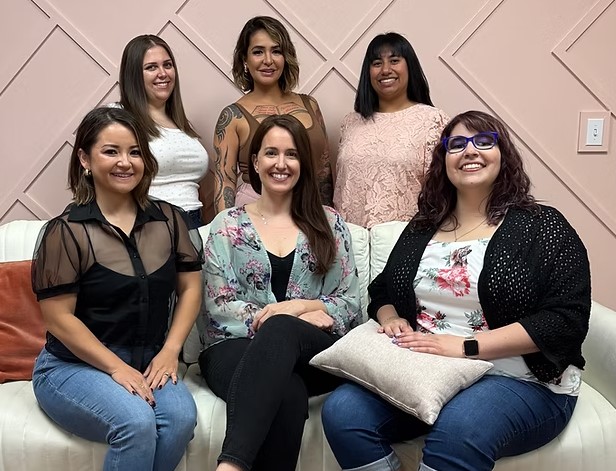
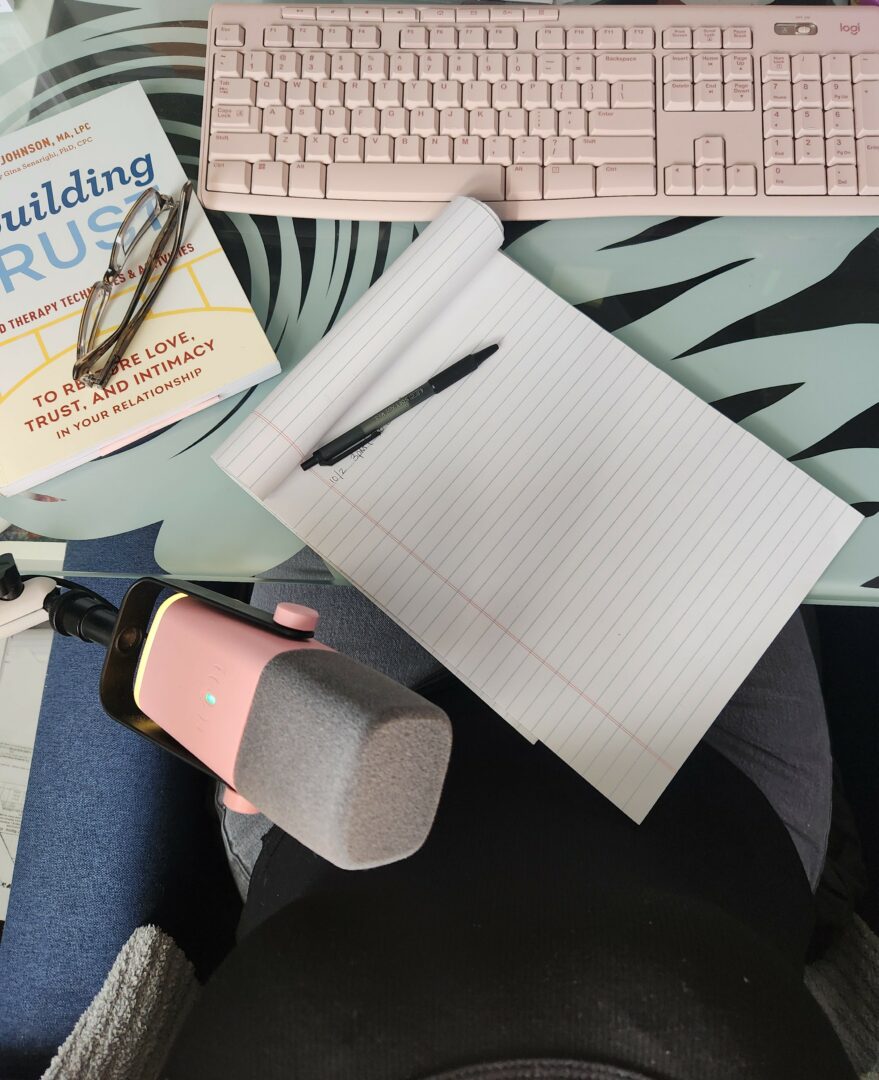
so if you or someone you know deserves recognition please let us know here.

